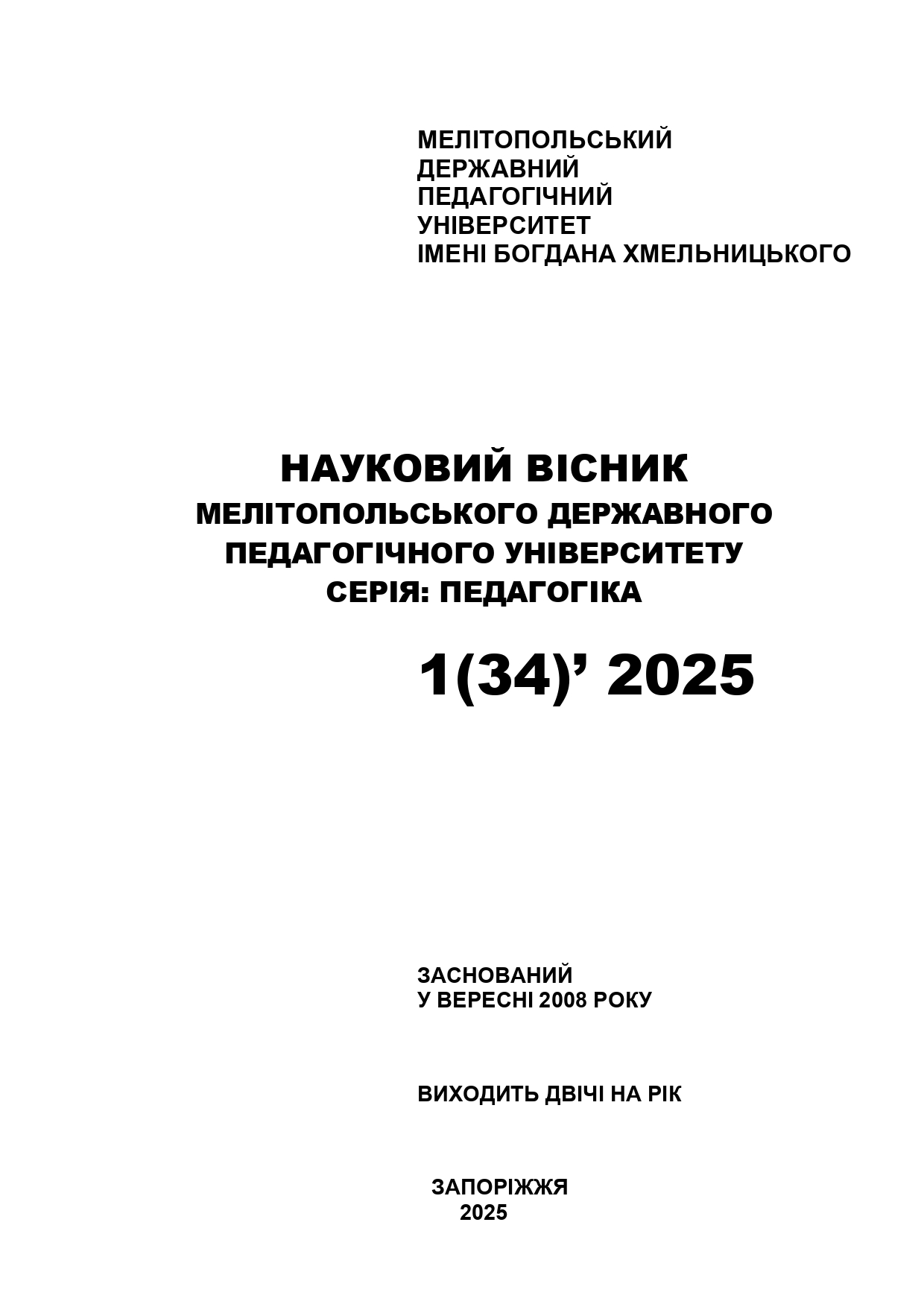Development of soft skills in higher education students in classes on the literature of German-speaking countries
Abstract
The article examines the features of soft skills development in higher
education students while studying the literature of German-speaking
countries. The concept of “soft skills” and their classification are
analyzed and generalized. Attention is focused on the potential of
literary material as an important means of the formation of key
personal, communicative and intercultural competencies necessary
for successful professional development. In addition, the authors
research the issues regarding philosophical, social and ethical topics
that allow students not only to improve language competence, but also
to develop “soft skills” in the process of interpreting texts, collective
analysis, participation in debates, literary discussions, role-playing
games, interactive tasks, etc. The feasibility of integrating elements of
critical thinking, emotional intelligence, creativity, the ability to work in
a team, lead a discussion and make responsible decisions into the
educational process is substantiated. Examples of exercises and
instructions for their implementation are provided, and a conclusion is
drawn about the importance of developing “soft skills” in students in
classes on the literature of German-speaking countries, which
contributes not only to increasing the level of their speech and literary
competence, but also ensures the formation of a holistic, flexible,
competitive personality capable of acting effectively in an intercultural
environment.




